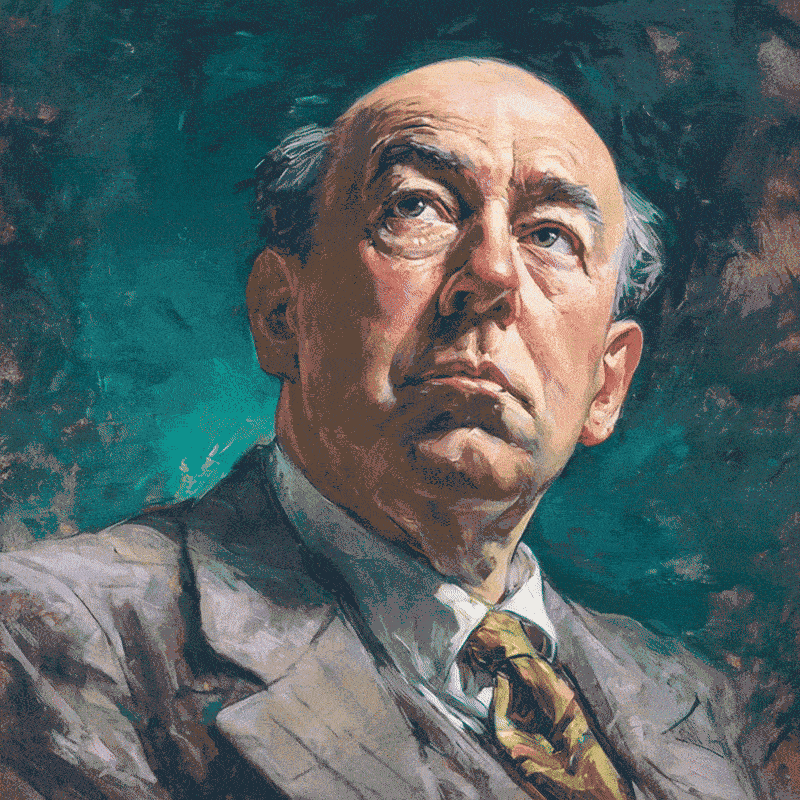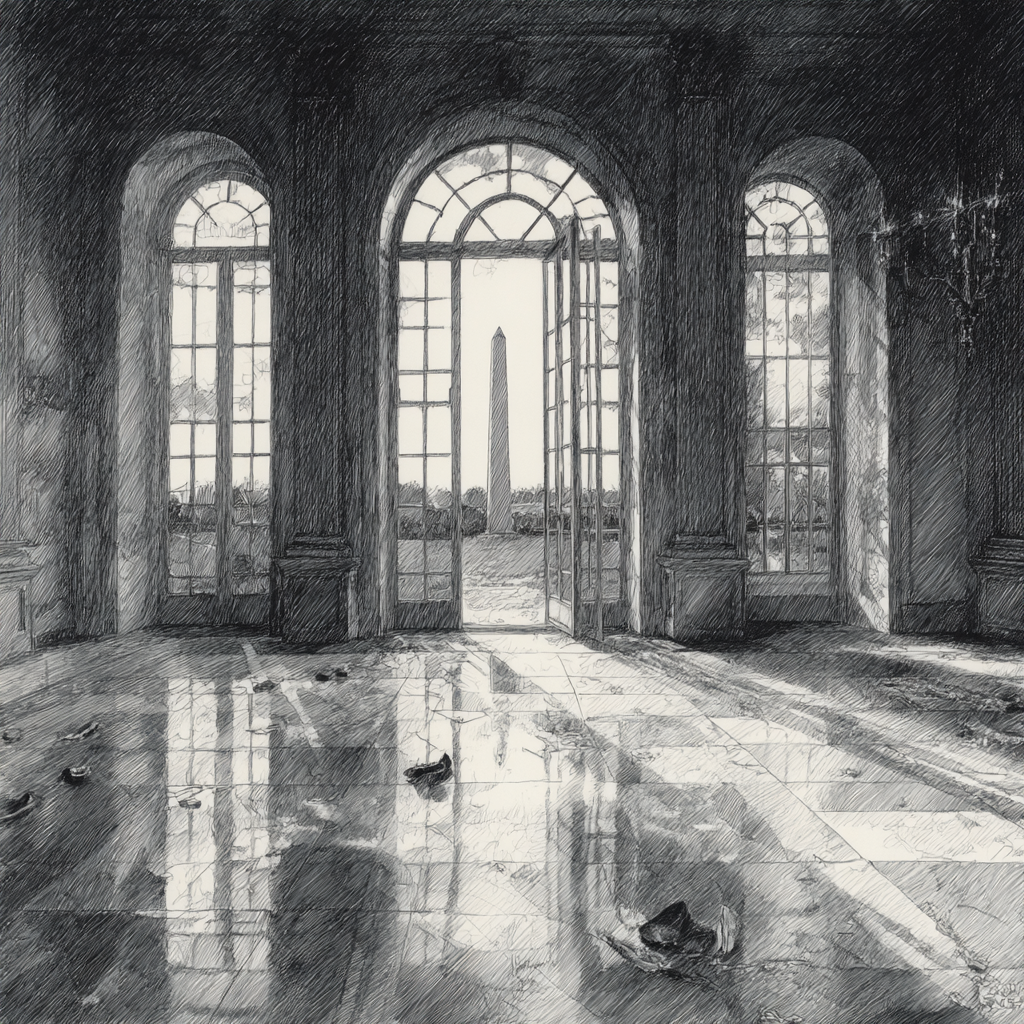REFLECTION
We live in a noisy age: not just loud, but fragmented. A thousand voices speak with equal volume and unequal weight. In that chaos, we usually do one of two things: freeze or rage. The Serenity Prayer offers a third way: quiet strength. It does not deny reality; it reframes it. We begin with limits, move to responsibility, and end with discernment.
Serenity Prayer for a Noisy Age
The Christian Write, November 5, 2025The Serenity Prayer
“God, grant me the serenity to accept the things I cannot change, courage to change the things I can, and wisdom to know the difference.”
1) Acceptance reduces noise
Acceptance is not apathy. It is the humility to say, "This part is not mine." You cannot control a stranger's comment section, the markets, or another person's will. Naming that truth lowers anxiety and frees energy for what is yours to carry.
2) Courage narrows the task
Courage is not a mood; it is a step. Courage includes knowing when to raise your voice and when sustained, unglamorous work matters more than volume. What is the smallest faithful action you can take today: one call, one apology, one hour of focused work, one vote cast? Courage shrinks the problem to the next right thing.
3) Wisdom grows by practice
Wisdom is a habit formed over time: Scripture, prayer, counsel, and honest reflection. Is this mine to carry? What would faithfulness look like here? Wisdom keeps acceptance from becoming passivity and courage from becoming recklessness.
Wisdom does not always offer clarity. Sometimes it is a choice between two good things or two kinds of suffering. The prayer asks for wisdom to know the difference. It does not promise comfort in the knowing.
Expect to get it wrong
This is not a formula that solves everything on the first try. You will misidentify things. You will spend months trying to change what was not yours, or accept what you should have fought. You will draw boundaries that turn into walls, or extend grace that enables harm.
Wisdom includes recognizing when you misplaced your effort, and beginning again without shame. The prayer is something you return to when you have gotten lost, not a daily vitamin that prevents all mistakes.
Four everyday uses
Doomscrolling: Accept that you cannot fix the entire news cycle. Change your inputs (time-boxed reading, reputable sources). Ask for wisdom about where to give and serve.
Family tension: Accept the other person's agency. You cannot always tell if a boundary is wisdom or self-protection, or if listening is generous or conflict-avoidant. Change your posture where you can (listening, clear boundaries). Ask for wisdom on timing and words. Sometimes you act in faith and evaluate later.
Work stress: Accept constraints (deadlines, budgets). Change your focus (one deliverable that actually moves the needle). Ask for wisdom on priorities.
Civic life: Accept the limits of any one vote or post. Change what you can: show up locally, volunteer, support a neighbor. Ask for wisdom on sustainable engagement.
A 3-minute daily check
Accept: Write one thing you are releasing today.
Act: Write one thing you will do today.
Ask: Pray for wisdom to tell the difference, and to stay faithful in both.
Periodically bring your practice to someone you trust. Ask: Am I avoiding something I should face? Am I fighting a battle that is not mine? Wisdom grows in community. We need others to help us see our blind spots.
Quiet strength
Quiet strength is not loudness turned inward. It is knowing where your agency ends and trust begins. It is the freedom that comes from carrying only your own load, and carrying it all the way.
Acceptance steadies. Courage moves. Wisdom orients. In that order, modern life becomes survivable, and more than that, meaningful.
The Serenity Prayer
“God, grant me the serenity to accept the things I cannot change, courage to change the things I can, and wisdom to know the difference.”
Reinhold Niebuhr (1892 - 1971)
Theologian Reinhold Niebuhr composed this prayer in the early 1940s, amid world war and social upheaval. It was later adopted by Alcoholics Anonymous and became one of the most widely recognized prayers in American life.
CURRENT ARTICLES





